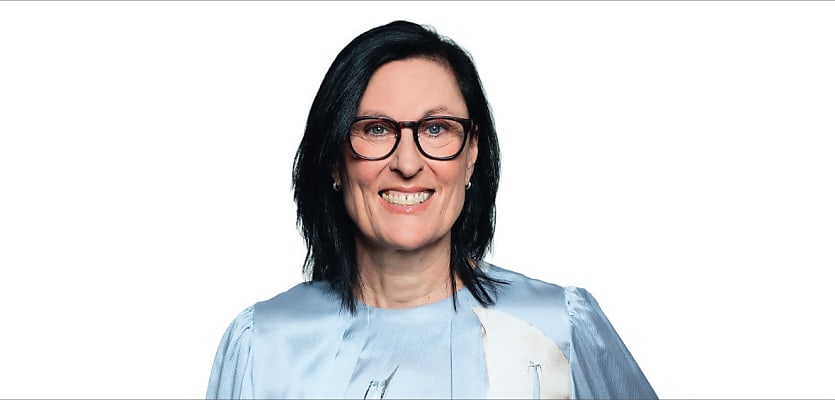Knight Frank has launched a new environmental, social and governance (ESG) data management and reporting software to prepare real estate businesses for the 2024 transition.
Across Australia, climate reporting may be about to change.
“Mandatory sustainability reporting is upon us,” said Jenine Cranston, head of ESG at Knight Frank.
For the last few years, organisations have engaged in voluntary reporting only, a practice which Ms Cranston noted is usually limited to vague storytelling about “what they have been doing for the environment, people and the planet”.
However, starting from the 2024–25 financial year, Australian companies may be legally required to release hard data on carbon emissions in their annual report.
In June this year, the federal Treasury proposed the implementation of compulsory climate-related disclosures to be gradually phased in over the next five years.
Large companies with over 500 employees, over $1 billion in gross consolidated assets, and/or over $500 million in consolidated revenue could potentially be required to begin mandatory reporting from the 2024–25 financial year.
Companies with 250 employees are looking to start reporting in the 2027 financial year, while companies with 100 employees or more are set to start in the 2028 financial year, according to the proposed timeline.
Businesses “will need a report with audit-ready data to show what their emissions are, which is going to be transformational for property,” stated Ms Cranston.
“This is the biggest change in financial and company reporting in a generation, and will have a huge impact on real estate occupiers, investors and managers,” she underscored.
Organisations will be required to calculate the carbon emissions of the properties they own or lease, as well as the emissions of suppliers, which will in turn drive suppliers to reduce their emissions in order to secure business.
“Many businesses will be thinking they have several years to get their reporting in place, but if they don’t get started now, they will either find that large businesses to which they supply their services will be demanding to know their emissions and targets, or they could find the date sneaking up on them when it is time to conduct their own reporting,” predicted Ms Cranston.
“People at the forefront will be jumping on this now to ensure they are not scrambling at the end,” she said.
It is with these mandatory sustainability reporting deadlines in mind that Knight Frank launched a new software for ESG data reporting and management.
The software, which is called Prism, is powered by Trellis and reportedly uses AI to digitise large volumes of data on companies’ environmental and social impact.
“There are some frustrations with manual systems and existing reporting software, and we believe this will be an easier software to use,” said Ms Cranston.
She stated that Prism will offer “convenient storage of energy, water and waste data that doesn’t require businesses to manage it, with proven capability to manage data risk and perform at scale”.
The software will also reportedly produce user-friendly reports so that the data can easily be transformed into audit-ready reports.
“Regardless of whether an organisation falls within the criteria for the new mandatory sustainability reporting standards in Australia, we are seeing that organisations will need to reduce their carbon footprint – and demonstrate this through accurate reporting – to attract capital, tenants and employees,” Ms Cranston concluded.









You are not authorised to post comments.
Comments will undergo moderation before they get published.